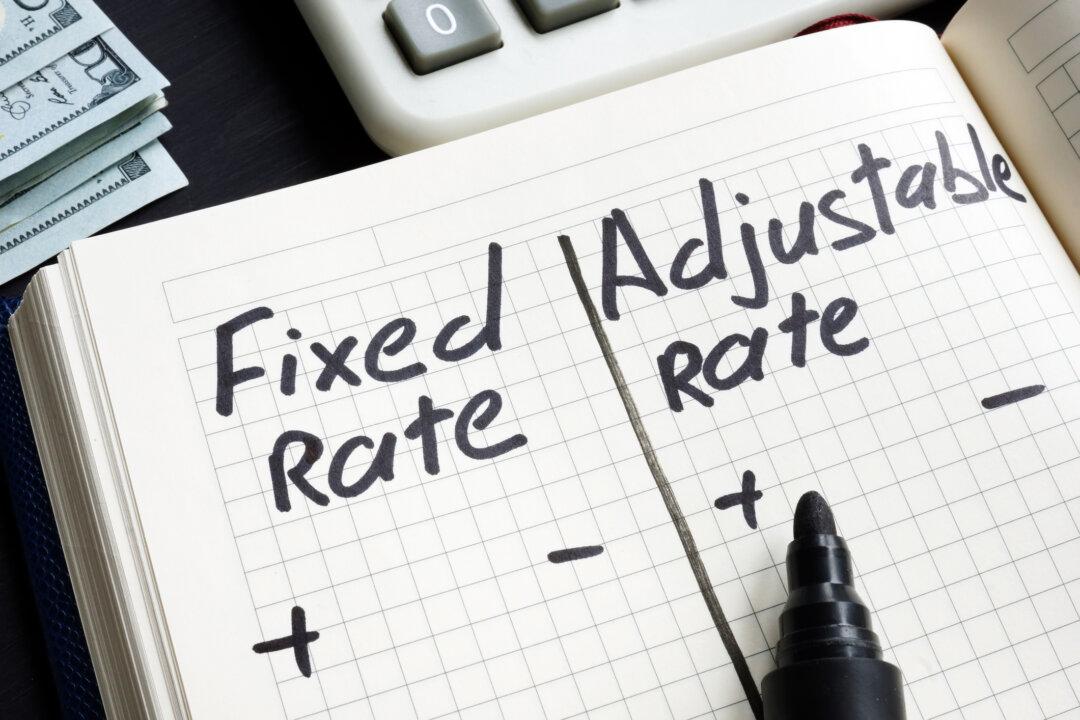By Sandra Block
From Kiplinger’s Personal Finance
Millions of employees have contributed to 401(k) plans without worrying that their employer will raid their account to fund a weekend in Vegas. For that, you can thank the Employee Retirement Income Security Act (ERISA), which turns 50 this fall.






